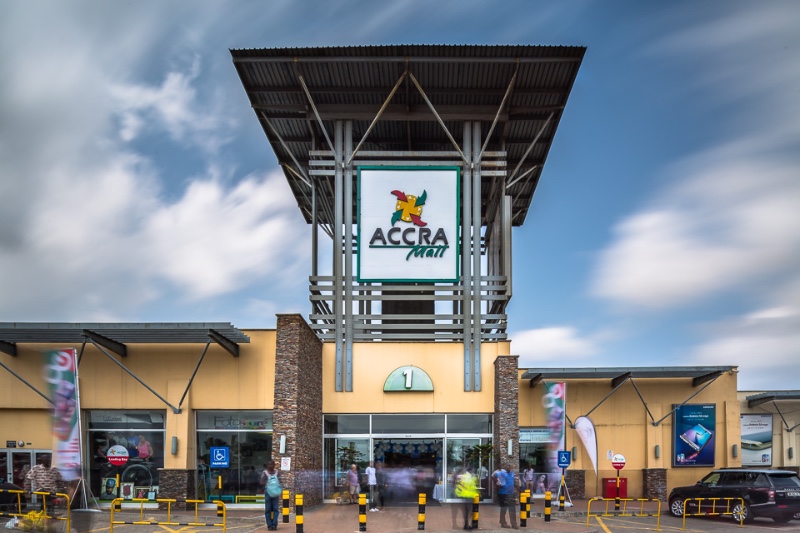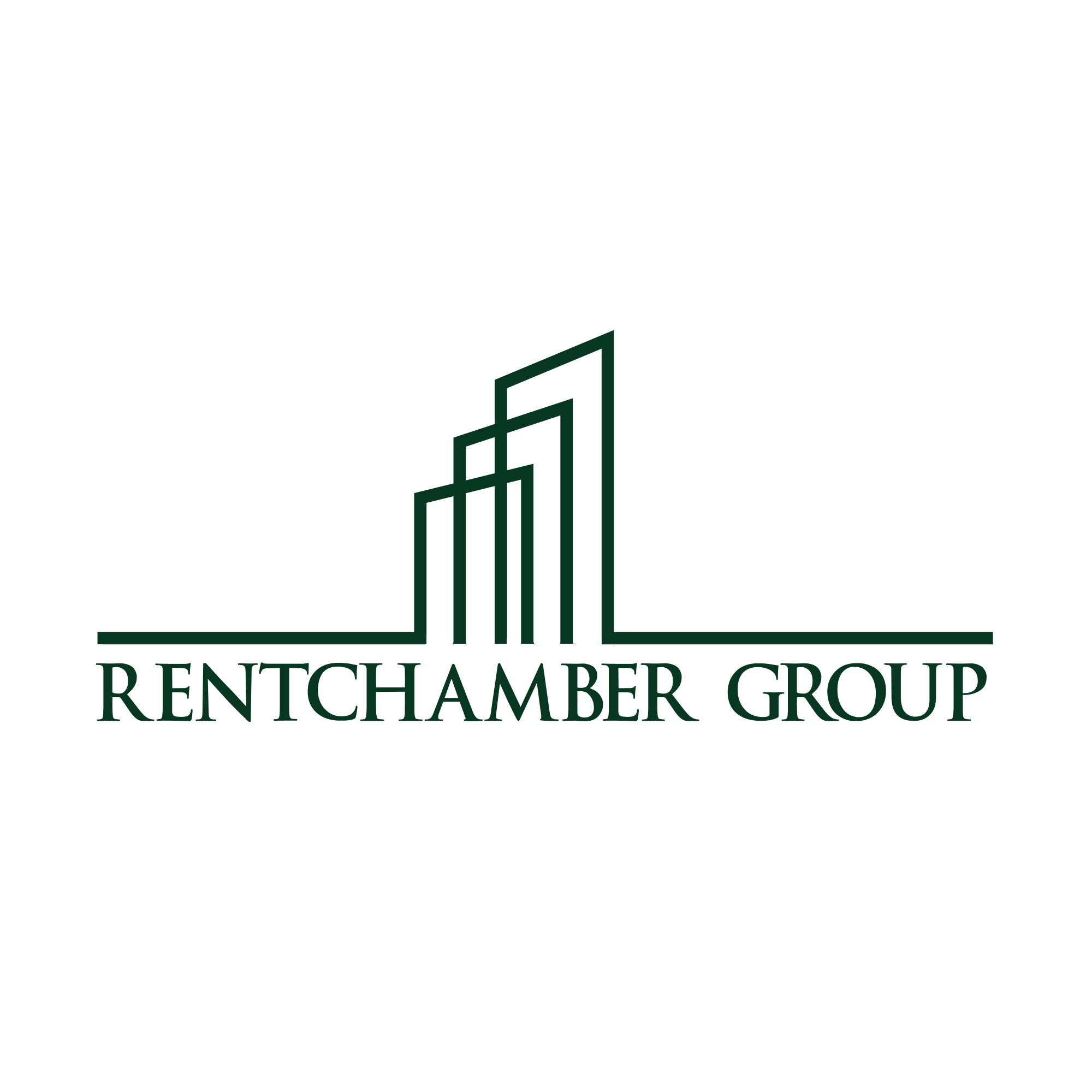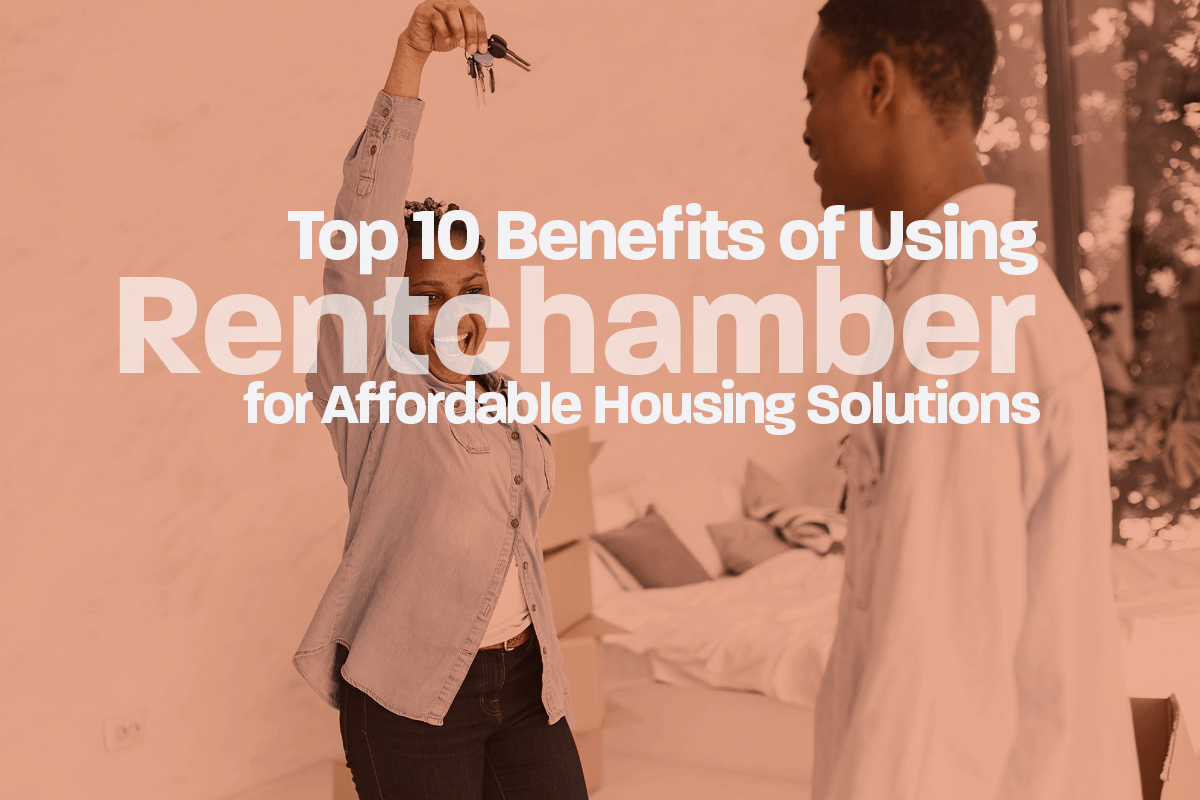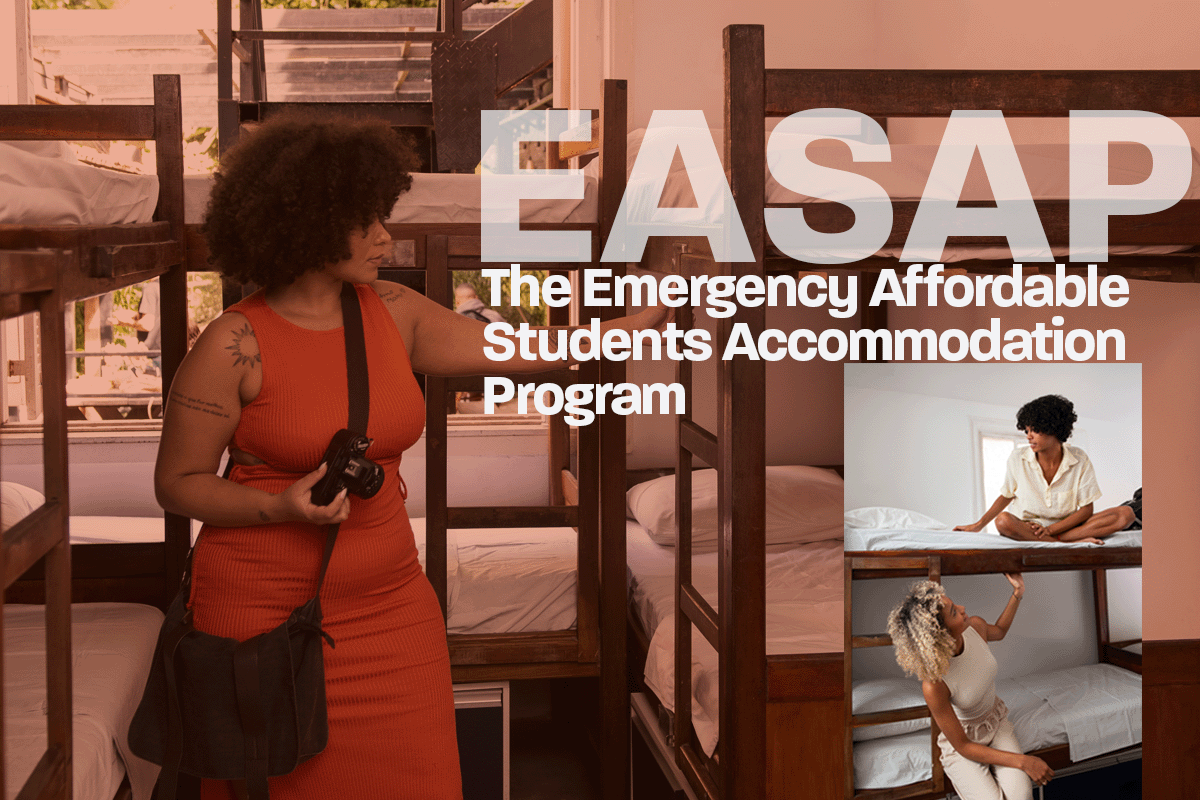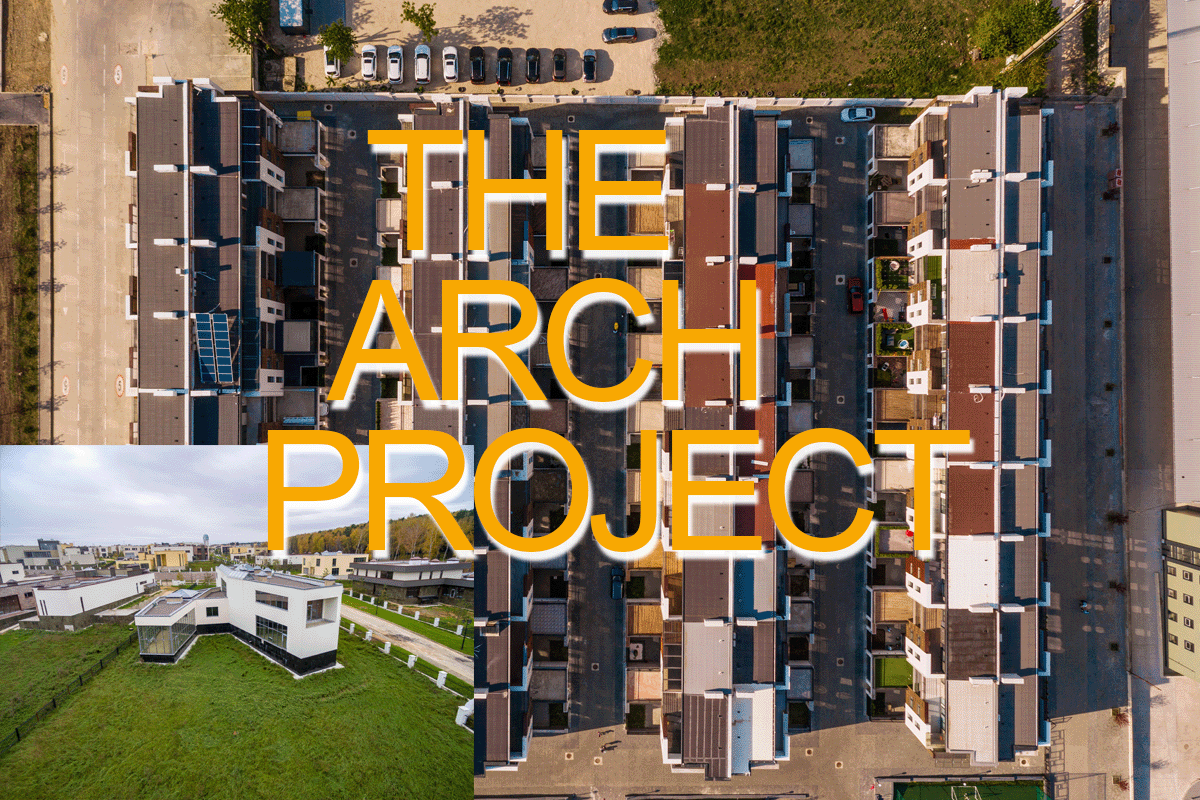Four malls in Ghana and Nigeria, including West Africa’s largest mall (West Hills), are being sold by two real estate players – Hyprop and Atterbury’s Attacq – at a considerable loss to a lucky buyer: a young, ambitious, pan-African, real estate investor called, Lango.
The four malls (West Hills, Kumasi City, Accra City & Ikeja City), besides their scale, are also the swankiest in the largest cities of West Africa’s two largest economies, Ghana and Nigeria. When I saw the PR-heavy press coverage, my antenna jacked up since I have been investigating the World Bank’s IFC’s mall investments as part of a long-term project that seeks to understand how and if investments by the World Bank truly benefit people on the ground. First off (no prizes for guessing), the PR that the three Ghanaian malls were sold for $200 million was false. Newsrooms are very busy nowadays, giving free rein to PR agents to push fake news through at a worrying pace.
And, yes, the World Bank’s IFC is somehow involved in this affair. The company (Lango) that bought the 4 malls began life as an Investec-Growthpoint entity that was funded by the IFC in May 2018 with a $40 million contingent-equity facility. Attacq’s and Hyprop’s stakes in the four malls actually all sold for a total of $60 million. Their stakes in the three Ghanaian malls fetched ~$27 million. Consider that in 2017, Sanlam valued the Accra Mall alone (the smallest of the 3 malls) at $129 million, up 100% in value from the $65 million it assessed in 2012 when, together with Attacq, it bought it from Actis. The two mall sellers were in such a hurry to leave the Sub-Saharan Africa malls business that they even took their payment in Lango shares, as there was no cash at hand.
The buyer itself, Lango, had to restructure its debts in 2021, kind courtesy of a Stanbic facility. Imagine how it licked its lips when it picked up the malls for cheap last week without having to put down any cash. The sellers disclosed net losses on the four malls totaling ~$37 million for FY 2023. It would seem like the original mall financiers – the likes of Actis – got off lightly, since Actis reported a 7.2% exit yield on its Ghana mall holdings when exiting in 2012. Curious though that they declined to provide the actual numbers. By the time that Attacq and Hyprop sold the malls last week, the four properties carried a value of ~$179 million, 44.4% less than the total original construction cost of ~$322 million. Selling all their stakes in the four malls for $60 million, net of debt, and in shares rather than cash, implies a steep and dramatic erosion in nominal value over time (much worse in NPV terms).
Judging by their valuation curves between 2012 and 2019, the effective erosion of value at the time of the sale exceeds 85% from the base year. Furthermore, 20% of the Lango shares received for the sale are encumbered until 2025 to ensure smooth onboarding of current customers (some tenants in some of the malls have been really agitated of late). Unsurprisingly, the two sellers say that they won’t hold the shares received in payment for long. The more interesting thing for me, though, is how the sale vindicates my recent positions about “project-specific risks” versus “sectoral risks”. I have argued that, in Africa, it pays more to focus on project-level than sector-wide risks.
My remarks concerned how the IFC, a development financier, seems to have embraced the commercial luxury real estate sector in Africa following the lead of commercial investors who talked as if they had de-risked it. Even as it showed continued neglect of major priority sectors in Ghana, like agrotech. The organisation’s stance, from where I sit, requires explanation given its comfort with risks in categories like luxury malls and condos despite their relatively weak link with the organisation’s (and, for that matter, the World Bank’s) longstanding mission to end poverty and broaden shared prosperity.
Credit: Bright Simons
Source: https://twitter.com/BBSimons/status/1824966981667205315

